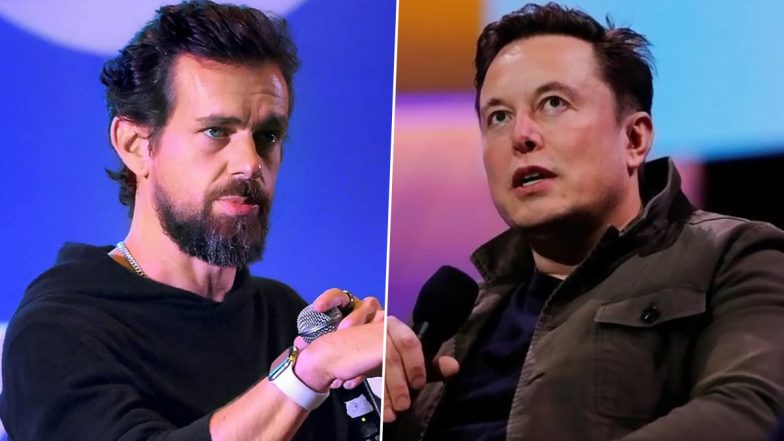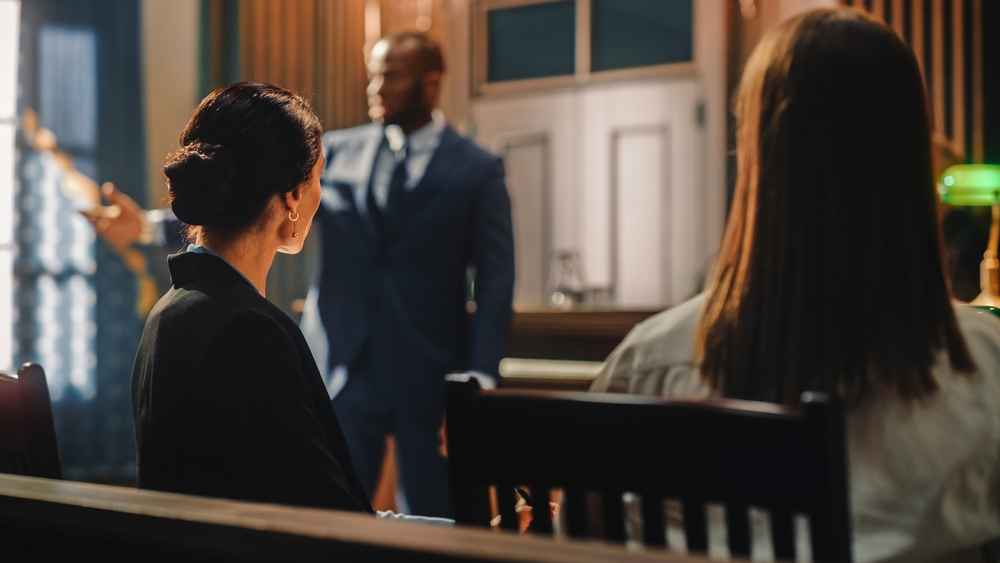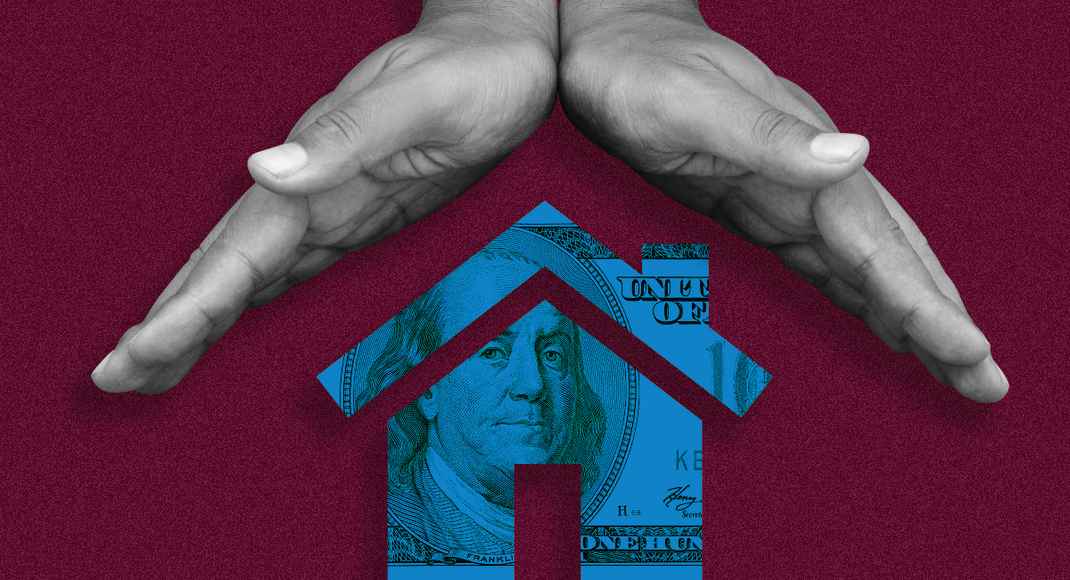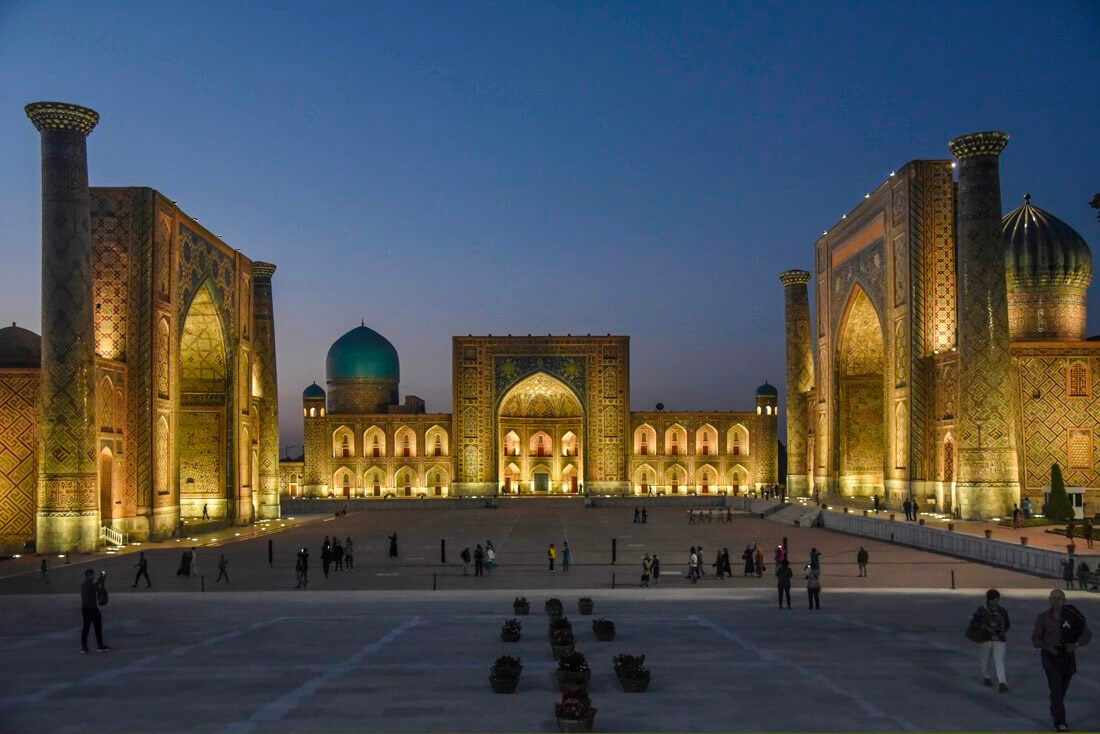Musk's lawyers summoned Delaware Chancery Court to testify against Twitter founder Jack Dorsey. The court ruled that Dorsey must also provide Musk's lawyers with all the necessary correspondence and documentation he has left behind about the number of bots and fake accounts on the platform.

In court, Dorsey can reveal the real state of affairs inside Twitter, as well as give Musk's lawyers a chance to prove to the world that the company intentionally failed to disclose key financial and analytical information to Musk before closing the deal. It is Dorsey who can tell under oath the true ratio of bots and fake accounts in the social network's customer base.
According to Musk, Twitter does not have 5 percent of bots and fake accounts, as the company claims, but about 20 percent.
On May 25, Twitter founder Jack Dorsey officially stepped down as CEO. On Nov. 29, 2021, Dorsey announced his departure and terminated his employment with the company, with CTO Parag Agrawal taking his place.
On April 26, Dorsey said he was happy to sell the company to Ilon Musk. "Basically, I don't think anyone should own or run Twitter … Ilon's goal of building a platform that's as robust and widely inclusive as possible is the right one," Dorsey added. Twitter, according to Dorsey, "should fundamentally be a public good, not a company, and Ilon is the only one best suited to the task." Dorsey also revealed that he trusts Musk.
On Aug. 18, Musk's lawyers said they were going to reconcile data on Twitter bots from companies serving major advertisers. They asked the Delaware Court of Chancery to direct Ad Science and DoubleVerify to provide them with all the necessary documents on the matter. The lawyers believe that Ad Science and DoubleVerify have their own methodologies for counting bots in Twitter's user base, from which the social network gets most of its revenue.
Twitter's lawyers, on the other hand, are going to subpoena nearly everyone in Musk's inner circle who knew anything about the deal to buy the social network. Musk complained to the court that Twitter went too far in this situation, as it demanded that Musk's lawyers provide information about anyone who may have had a fleeting conversation with Musk about investing in the deal, including friends, colleagues, acquaintances and financiers from several dozen companies.
On August 15, the Delaware Court of Chancery ordered Twitter to provide Musk with all the necessary documents on the counting of bots and fake accounts handled by Periscope founder and former company director Kayvon Bakepour.
On Aug. 12, Twitter subpoenaed 11 investors, bankers and friends of Musk, six of his advisers and representatives from 57 investment firms to testify in Delaware Chancery Court that were going to give Musk money to buy the company.
On August 11 media reported that Musk accused Twitter of hiding key witnesses and asked the court to question employees of the social network involved in counting bots and analyzing the number of fake accounts. Musk is going through the courts to get the data of that team disclosed and its members subpoenaed to testify. As part of the trial, Musk's lawyers are going to get from Twitter all the records and materials on the work of employees of the social network engaged in counting bots.
In early August 2022, Elon Musk sold 7,924,107 shares of Tesla worth $6.88 billion. Six reports on these transactions Musk submitted to the U.S. Securities and Markets Commission.
Market experts believe Musk is preparing for what he himself said was an "unlikely event" when Twitter will force him to close the deal to buy the social network and some of his equity partners, who previously wanted to give Musk money, will refuse to participate. According to the industry, Musk is aware that the court is likely, not "unlikely," to side with Twitter and force Musk to buy the company under his initial offer for 44 billion.
On Aug. 6, 2022, Musk said he agreed to buy Twitter at its initial offer, but with the social network meeting his conditions for checking randomly sampling accounts for bots. "I challenge Parag Agrawal (CEO of the social network) on the public debate about the percentage of bots on Twitter. Let him prove to the public that Twitter has less than 5 percent fake or spammy users every day," Musk said.
Twitter CEO Parag Agrawal did not accept Ilon's challenge for a public debate, nor did Twitter and Musk's lawyers say anything about any pending out-of-court settlement on the deal.
On Aug. 5, 2022, Twitter filed evidence in Delaware Chancery Court that Musk had skimped on an expensive audit of the social network and trusted the Botometer service.
On August 2, Twitter lawyers subpoenaed the investors who loaned Musk money to buy the social network. They will be questioned about the circumstances of the deal's preparation and agreements with Musk. Twitter so wants to show the court that Musk has the ability to fulfill his offer for the deal, but is trying to avoid it in various ways, accusing the social network of inappropriate treatment and refusal to provide the necessary documents and data. Experts believe that this is how Twitter plans to pull key witnesses to its side, to whom Musk has previously eloquently told about his intention to buy the company and revealed his plans for its further development.
On July 29, 2022 Musk filed a counterclaim against Twitter (the text was published later). There are now two cases in court concerning the purchase of the social network and the rejection of this decision. This situation increases Musk's chances if he can prove in his lawsuit that the actions of the social network's management regarding the provision of incorrect information about the bots were wrongful.
On July 28, the court approved a start date for a five-day hearing on the lawsuit. The hearing in the case, which journalists have called "Musk must honor the deal and buy Twitter," will begin Oct. 17.
Twitter agrees with the proposals of Musk's lawyers and the court on this date, although the management of the social network wanted to hold the hearing a week earlier. On the other hand, Twitter demanded from the court guarantees that the hearings will be over within five days, not later. On October 24, Musk's obligations to buy the social network will expire. If the hearing drags on, Twitter won't have time to appeal before then.
On July 26, Musk's lawyers sent a letter to the judge in which they complained about Twitter's inappropriate behavior during the pre-trial proceedings. Musk's lawyers insist that Twitter is uncooperative and wants to speed up the legal process as much as possible. Musk's lawyers explained that Twitter does not give them the necessary reports and documents, although in their opinion, these uploads can be quickly and easily created and transferred to them. Musk's defense also insisted that Twitter refuses to make available for analysis its arrays of raw data, which the company constantly processes in large quantities. Musk's team needs this data by Aug. 1 for its bot investigation.
On July 15, 2022, Elon Musk will ask the Delaware Court of Chancery not to hold an expedited trial on Twitter's lawsuit. Lawyers, in an application to the court, asked that the trial be scheduled for Feb. 13, 2023, or later, to prepare for the hearing. The court denied Musk's request, accepting arguments by Twitter's lawyers that Musk was trying to drag out the case.
On July 12, Twitter announced that it had filed a petition in Delaware Chancery Court against Ilon Musk. The main reason for the lawsuit is to force Musk to meet his legal obligations and to compel a merger transaction if several conditions are met. The lawsuit will be heard at the company's place of registration. And Twitter's attorneys at Wachtell have previously served in Delaware Chancery Court themselves.
"Musk refuses to honor his obligations to Twitter and its shareholders because the deal he signed no longer serves his personal interests. Musk apparently believes that he - unlike any other party subject to Delaware contract law - is free to change his mind, trash the company, disrupt its operations, destroy shareholder value and walk away," the company said in its lawsuit.
Musk's lawyers explained in a letter to the microblogging platform's management that Twitter refused to respond to multiple requests for fake or spam accounts on the social network, which is "fundamental to business efficiency."
"They said I couldn't buy Twitter. Then they wouldn't disclose information about bots. Now they want to force me to buy Twitter in court. Now they have to disclose information about bots in court," Musk commented on Twitter. He considered very ironic the very emergence of such a situation.
On July 11 shares of microblogging service Twitter fell by 11.3% (- $4.16) after Musk refused to buy the company, and their current rate is $32.65. Twitter's capitalization at the time was $24.95 billion. Musk had offered in April to buy the company for $44 billion. Under his terms, shareholders were to receive $54.2 in cash for each common share of Twitter.
On July 9, Twitter said it had hired the law firm Wachtell to sue Musk in Delaware. Musk himself had previously used the firm's services. It defended Musk in a 2017 lawsuit brought by Tesla shareholders over the SolarCity project. Then the lawyers were able to ensure that Musk was completely exonerated.
On July 8, 2022, Elon Musk rescinded his deal to buy the microblogging service Twitter. Musk's lawyers explained in a letter to the microblogging platform's management that Twitter had refused to respond to multiple requests for fake or spam accounts on the social network, which was "fundamental to business efficiency."
Under the terms of the deal, if Musk refuses to buy Twitter, he would have to pay a $1 billion fine to the company, but if the social network initiated the termination, the entrepreneur would be compensated. The deadline for closing the deal is set for October 24, 2022. After that, Twitter executives said that they would seek through the courts to purchase the company by Musk.
Twitter's lawyers accused Musk of violating the NDA because of the disclosure of a sample size parameter of 100 random social network accounts when checking for bots.
On May 14, Musk disclosed his own handheld screening of Twitter accounts for bots. Experts from the team of the potential buyer of the platform began to study 100 random accounts in the social network for the presence of bots and fake registrations there. Musk asked anyone willing to join such a check and conduct their own analysis to compare the results with his team. According to the information he has, the number of fake accounts on the social network is much higher - 20%.
On May 13, 2022, Ilon Musk announced the suspension of the deal to buy Twitter. He is waiting for the results of checking the number of fake accounts in the social network and wants to find out whether their number is really less than 5% of all user accounts on average.
On April 25, Twitter announced that it had accepted an offer from Ilon Musk to sell the company to a private party for $44 billion. The deal was to be completed by the end of the year. Musk had previously stated that one of his priorities would be removing spam bots from the platform.
 What is P R bond?
27/11/2023
What is P R bond?
27/11/2023
 What is Compulsory Convertible Debentures?
27/11/2023
What is Compulsory Convertible Debentures?
27/11/2023
 Dynamics of Central Asian Economies
17/11/2023
Dynamics of Central Asian Economies
17/11/2023